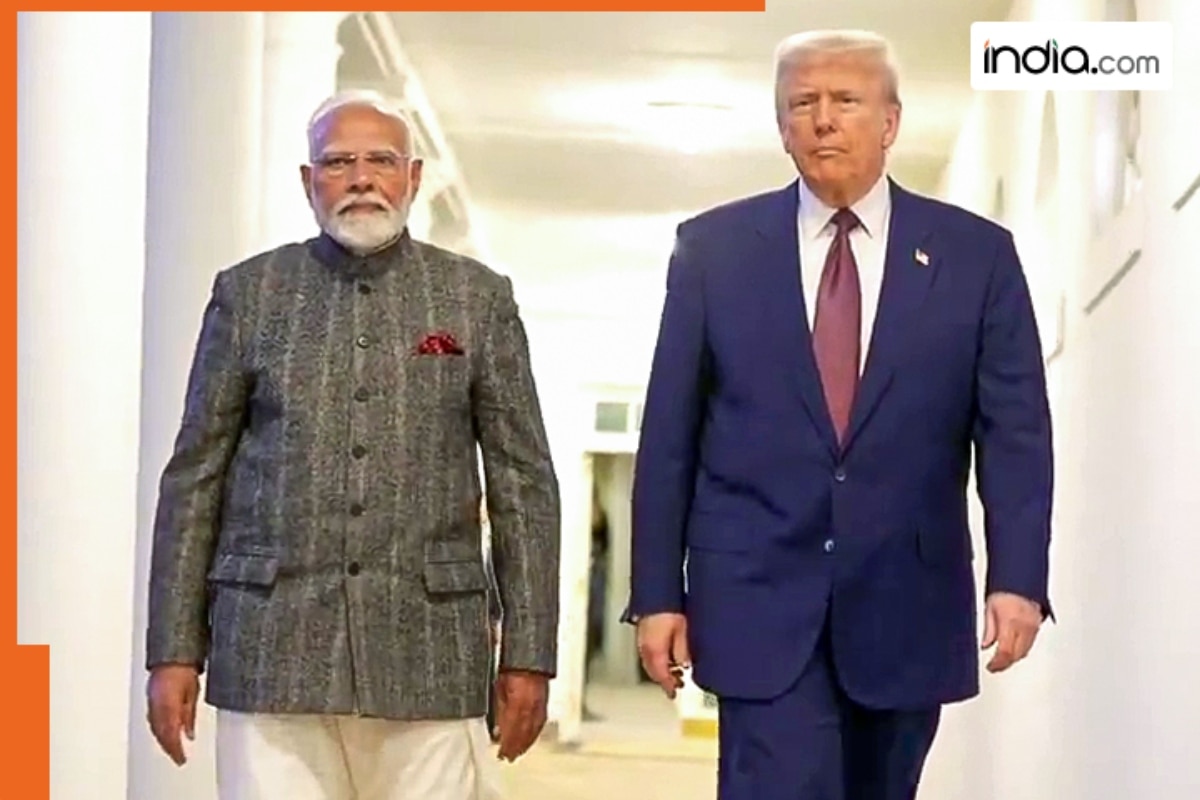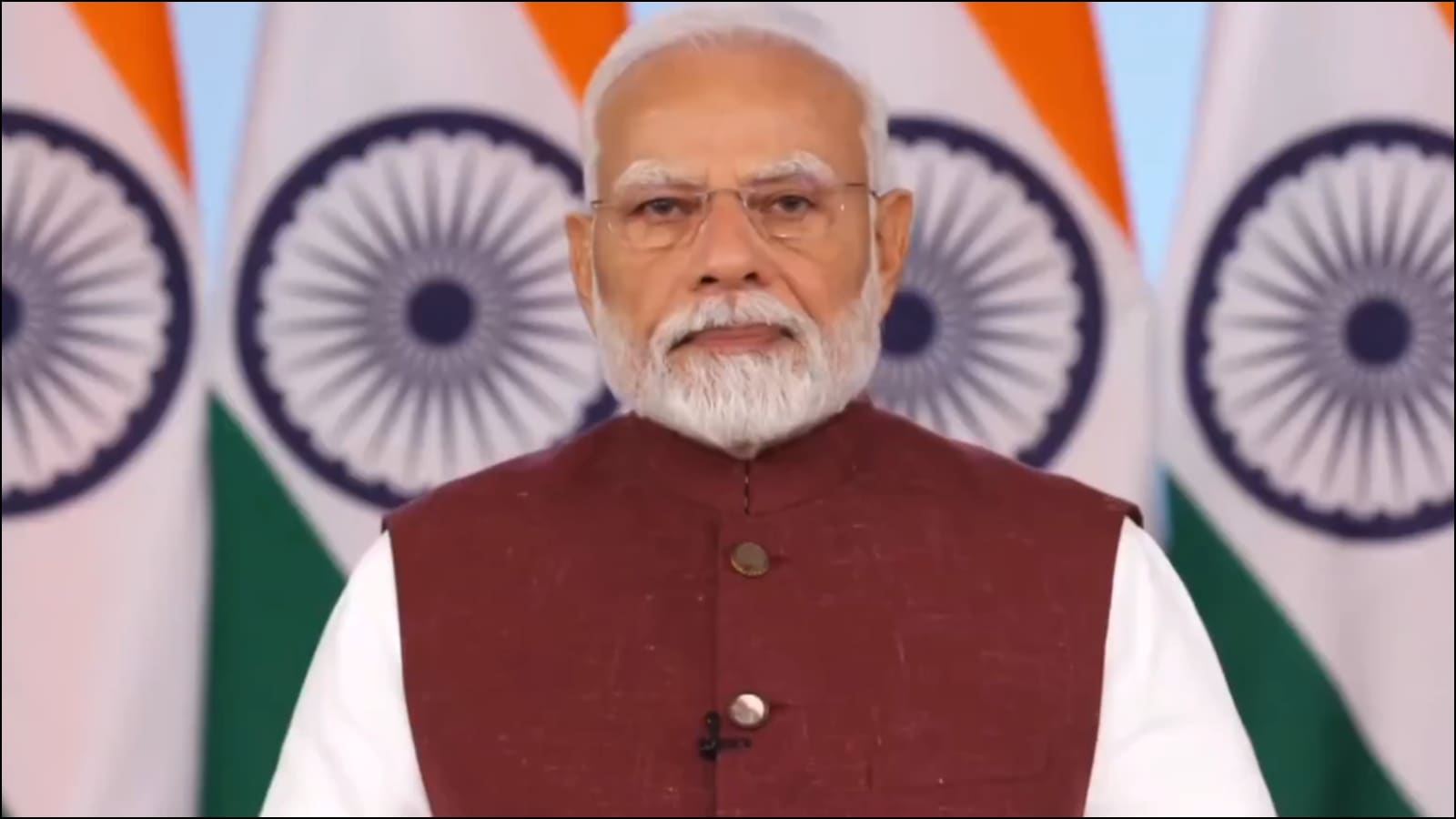The Citizenship Clause of the 14th Amendment says that all people “born or naturalized in the United States, and subject to the jurisdiction thereof” are U.S. citizens. The provision has since been interpreted to apply to virtually all children born here, regardless of their parents’ status. But some immigration restrictionists believe that there is a legal ground for narrowing its scope.
They argue that undocumented children are not subject to the jurisdiction of the United States, and therefore do not automatically gain citizenship under the amendment. The president’s executive order makes that assertion.
The clause was last tested in the courts more than a century ago. The Supreme Court, in United States v. Wong Kim Ark, held in 1898 that a child born to Chinese immigrants was a U.S. citizen, notwithstanding the Chinese Exclusion Act, which rendered his parents ineligible for citizenship.
It could be years before there are final court decisions that would almost certainly reach the Supreme Court.
“Even assuming there is a strong likelihood that these children are indeed citizens, there can be a lot of suffering between when a test case begins and a test case reaches final results,” said Gabriel J. Chin, a professor at the University of California, Davis, School of Law who recently co-wrote a law review article about the 14th Amendment.





